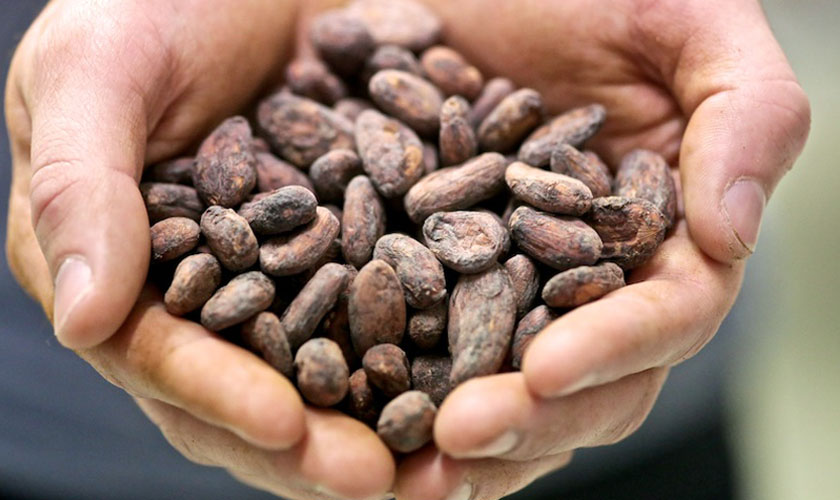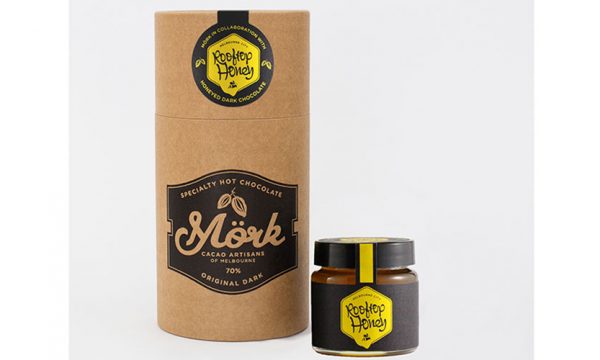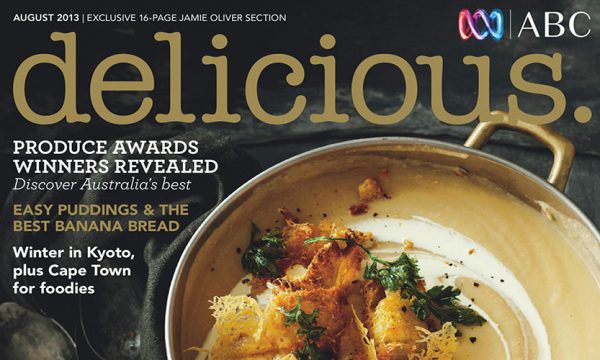
Traceability in Chocolate
The Mörk crew recently returned from London, where we took part in the London Coffee Festival and announced the official launch of our UK range. It’s been an overwhelming time, because more often than not we still catch ourselves thinking like a little start up business ― and then realise that we’ve made it this far already. That’s something we’ve only been able to achieve with the help of our customers and supporters!
The trip also got us thinking about some of the issues surrounding ethical products and trading practices in the coffee industry. What many people don’t realise (it doesn’t tend to get as much media attention) is that these issues relate to other industries as well, including chocolate makers.
At Mörk we use fine aromatic cacao that’s been sourced in a way which aligns to those principles, just like artisan coffee roasters would. We refer to this as traceability, which means knowing ― at every step of production ― what happens to the ingredients we’re using and the people and practises involved with them. Yet while the focus is on ethical and organic products, it is not the same as being ‘fair trade certified’. Let us explain why there’s more to a label than you might think…
Firstly, what does it mean to be fair trade certified?
When most people think of a product as ‘fair trade’ (not to be confused with the Fair Trade organisation itself), they associate it with supporting ethical and sustainable food sources ― and that’s a good thing.
See, there are some horrible things that go on throughout the globe in order to supply us with the everyday items we enjoy in the first world (things like bananas, tea, sugar, coffee and chocolate). Most often, the raw ingredients used to make the final products we buy from supermarkets come from developing nations, where there are no regulations on working conditions, environmental standards or price. As a result, many farmers (and often, entire communities) suffer through forced labour, dangerous working conditions and other inhumane practises. On top of that, local farmers frequently get bullied into accepting very low prices for their produce, which are well below fair market value.
The fair trade movement came about to put an end to this unethical treatment of workers and our global environment. It also aims to ensure that goods sold stamped with a fair trade certification have been produced through sustainable methods, without the use of genetically modified crops, and that farmers receive a fair price for their crops.
To us, it makes sense that anybody interested in supporting the communities and natural environments in these countries should support the fair trade ethos. However, this doesn’t mean that everything stamped with a fair trade label is really benefiting local communities.
The problem with fair trade labelling
Just like we saw from the recent controversy about Free Range eggs ― you can’t always trust a label to be confident that you’re buying an ethical product.
For example, we buy our coconut sugar from Indonesia. It is Organic and Fair Trade Certified. However, we choose not to highlight this on our packaging because we believe these labels can be confusing and misleading for consumers and businesses alike. Here’s some of the reasons why we wanted to take a stand.
There is standard definition of ‘fair trade’, and no universal body to govern the organisations who claim the label. Each organisation has its own regulatory criteria, but it’s not always transparent to consumers.
Around 90-95% of cacao is produced by small farmers, who work on farms less than three hectares in size. These farmers often cannot afford to apply for the relatively expensive fair trade certification, despite the fact that they work to the same standards. As a result, the cycle of poverty continues. Supporting the process of traceability is one way we help them.
To make it affordable, many farmers will join a cooperative in order to sell their cacao. However, these cooperatives can become very large ― sometimes with hundreds of members. In these circumstances, the certifying body may decide to issue a collective ‘group certification’. While this does help small businesses obtain their certification, it also means that only randomly selected farms undergo routine inspection to see if they meet minimum requirements. As a result, we have heard that unfair trade practises may still go on at some farms which are not inspected.
There is some controversy around whether fair trade pricing really makes farmers livelihoods more sustainable. There are also claims that only a small portion of money actually reaches farmers, after funds have been extracted for the management and administration of cooperatives.
The concept of traceability: a better way forward
Obviously, the concept behind fair trade is important, but it’s not quite enough to ensure that a product has been ethically produced or prepared ― or even that its quality is guaranteed.
That’s why small businesses around the world have started embracing the concept of traceability as a better alternative. High quality coffee roasters and brands are one example where awareness is already being raised around traceability. We concentrate on extending those same principles to fine aromatic cacao, which means paying ethical prices for the ingredients we source (in reality this is above standard fair trade price).
At Mörk we feel very fortunate to have access to cacao that’s such beautiful quality, and build relationships with the people who produce it. While we avoid using the certification label on our products, we’re extremely proud that our ingredients can be traced back to unique farmers operating as far as Venezuela and Madagascar, where organic and fair practices are honoured. That way we can ensure that our ingredients are traceable at every step of the journey before they reach us in North Melbourne!
The fair trade system is certainly on the right track. By following the ethos of traceability and considering where the products you buy have come from, and how they’ve been produced we can make fair trade even more powerful.
If you’d like to know more about the traceability of Mörk’s specialty chocolate, please get in touch with us here.




